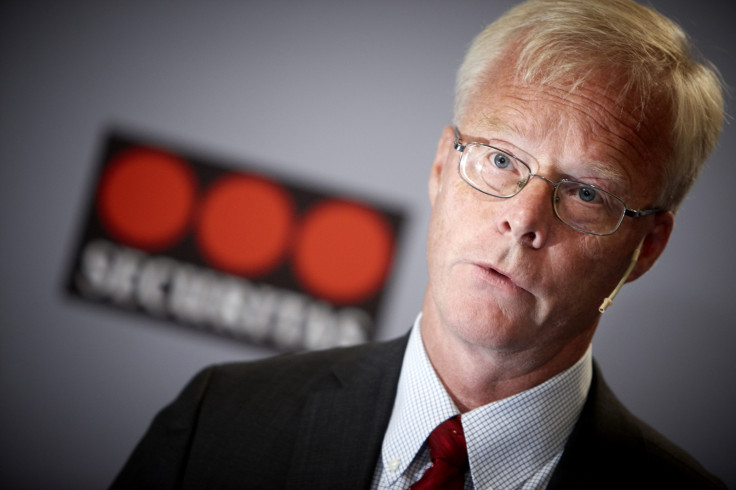Security exec 'declared bankrupt' after his own identity stolen by hackers
'We do not do personal identity services,' the security firm said after its CEO hacked.

Everyone is at risk of cybercrime, but it must really sting if you're hacked while running the biggest security firm in the country. That's what happened to Alf Göransson, chief of Swedish company Securitas, who was declared bankrupt this week after his identity was hijacked.
Reports indicate an unidentified culprit used the CEO's stolen details in March 2017 to take out a loan after before filing a bankruptcy application in his name. Göransson wasn't aware of the incident until this week when the Stockholm District Court accepted the application.
As a result of the bankruptcy, 59-year-old Göransson was deregistered as chairman and member of multiple boards (for Loomis AB and Hexpol AB) however each company is now hoping for his reinstatement.
Bloomberg reported that he won an initial appeal of the court's bankruptcy decision on Wednesday 12 July, which was officially made two days prior.
Securitas spokeswoman Gisela Lindstrand told Bloomberg that the hack had "no effect" on the firm "other than that our CEO has been declared bankrupt".
Company officials told The Financial Times that Göransson wasn't targeted by a type of attack that his company sells products to protect against. "We definitely do not do personal identity services," it said. "We are not in that field at all."
Göransson has not yet commented publicly.
Securitas claimed in a statement to the Swedish stock exchange that its CEO had no idea how much money the crooks applied for or what type of loan it was. It said that a bankruptcy trustee is supporting the appeal and is looking into the case, which is expected to be resolved.
"In the case of Göransson in Sweden, the identity theft was unnoticed for months until it was too late," commented Andrew Clarke, a director at global security company One Identity.
"His livelihood was immediately impacted with damage to his personal and public profile.
"It is always very hard to recover from this event once it's occurred so the best advice is to be proactive. Ensure that when you share personal data on social media you set up your profile with sufficient privacy settings to minimise the potential of an unwanted intrusion into your life."
In many ways, Sweden is leading the charge when it comes to an industry approach to cashless payments, online transparency and digital shopping. However, according to the FT, such openness has come at a cost: a sharp spike in cases of identify fraud and targeted hacking.
The FT said Göransson's complaint was one of 12,800 similar crimes in the first six months of 2017.
© Copyright IBTimes 2025. All rights reserved.






















